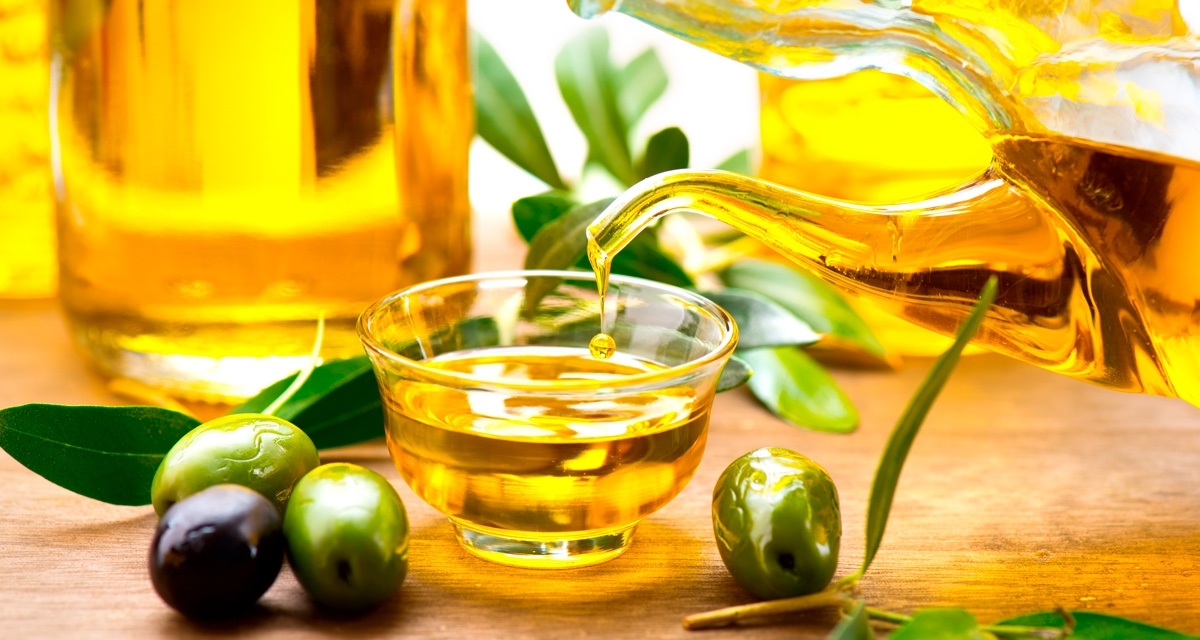
Olive oil, the fat
Given that olive oil was, and still is, the fat that historically meets most of the needs of the Mediterranean peoples, and, due to its recognition as a daily item in their diet, nothing would be more natural than hundreds of scientific works with olive oil as the object of study.Scientists, professionals and students of medicine, nutrition, chemistry and other disciplines have focused so much on the study of olive oil that, every year, new works emerge, each proving more and more claimed benefits. These are the same benefits that our ancestors of ancient times took centuries to discover, test and make known in the Old World. Today, they are being tested and proven in laboratories.
Based on diverse scientific studies, it is proven that our bodies need water, proteins, lipids and carbohydrates the so-called macronutrients, besides vitamins and minerals - the micronutrients. Some studies indicate that the diet also requires ethanol (which can be ingested, for example, in the form of some type of alcoholic drink). The vitamins and minerals act essentially as controllers of the metabolic processes - the transformation processes that occur in the organism. The lipids, in turn, are oily or fatty substances that act as sources of energy to boost these processes, as much in the formation of cellular membrane, tissue of the nervous system, brain tissue and neurotransmitters, as well as in the transport of vitamins soluble in fat for the cells. Therefore, we need, on average, a daily dose of fat of approximately 25 ml. This fat may come from the excess accumulated in the organism (the reason doctors recommend decreasing the fat to be ingested), or it may come from external sources our diet. Nevertheless, it is good to remember that fat is present in the preparation of almost all the foods we ingest, so, as we are rarely able to escape fat, we need to have more knowledge about fats and know how to choose and dose the most suitable type for our organism.
Fats are integral parts of the lipids. And the lipids are divided into two types: the derivatives of glycerol and those not derived from it. The derivatives may be simple or compounds, and within the simple category there are the oils and fats. On the other hand, the lipids not derived from glycerol are compounds of steroids one is the famous cholesterol. For fear of going beyond what really interests us, let us dwell on just two components - the fats and cholesterol.
Based on diverse scientific studies, it is proven that our bodies need water, proteins, lipids and carbohydrates the so-called macronutrients, besides vitamins and minerals - the micronutrients. Some studies indicate that the diet also requires ethanol (which can be ingested, for example, in the form of some type of alcoholic drink). The vitamins and minerals act essentially as controllers of the metabolic processes - the transformation processes that occur in the organism. The lipids, in turn, are oily or fatty substances that act as sources of energy to boost these processes, as much in the formation of cellular membrane, tissue of the nervous system, brain tissue and neurotransmitters, as well as in the transport of vitamins soluble in fat for the cells. Therefore, we need, on average, a daily dose of fat of approximately 25 ml. This fat may come from the excess accumulated in the organism (the reason doctors recommend decreasing the fat to be ingested), or it may come from external sources our diet. Nevertheless, it is good to remember that fat is present in the preparation of almost all the foods we ingest, so, as we are rarely able to escape fat, we need to have more knowledge about fats and know how to choose and dose the most suitable type for our organism.
Fats are integral parts of the lipids. And the lipids are divided into two types: the derivatives of glycerol and those not derived from it. The derivatives may be simple or compounds, and within the simple category there are the oils and fats. On the other hand, the lipids not derived from glycerol are compounds of steroids one is the famous cholesterol. For fear of going beyond what really interests us, let us dwell on just two components - the fats and cholesterol.
